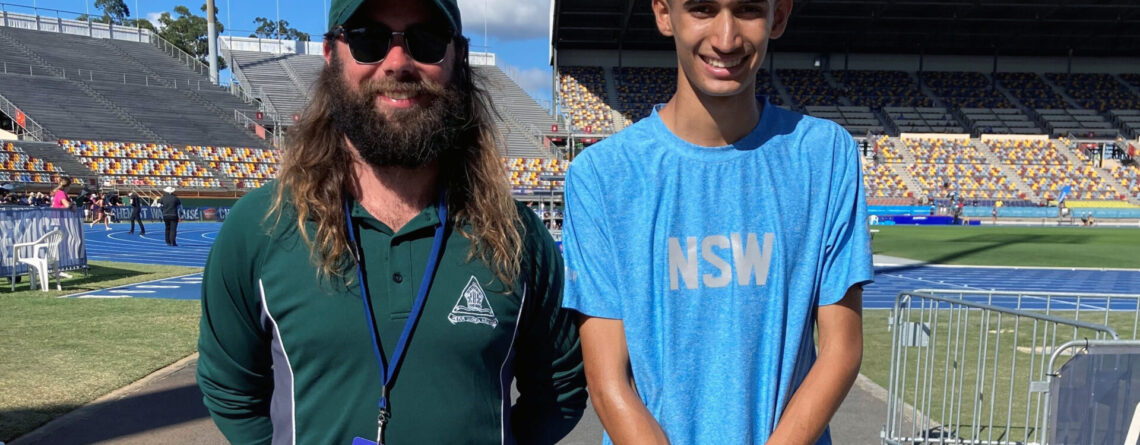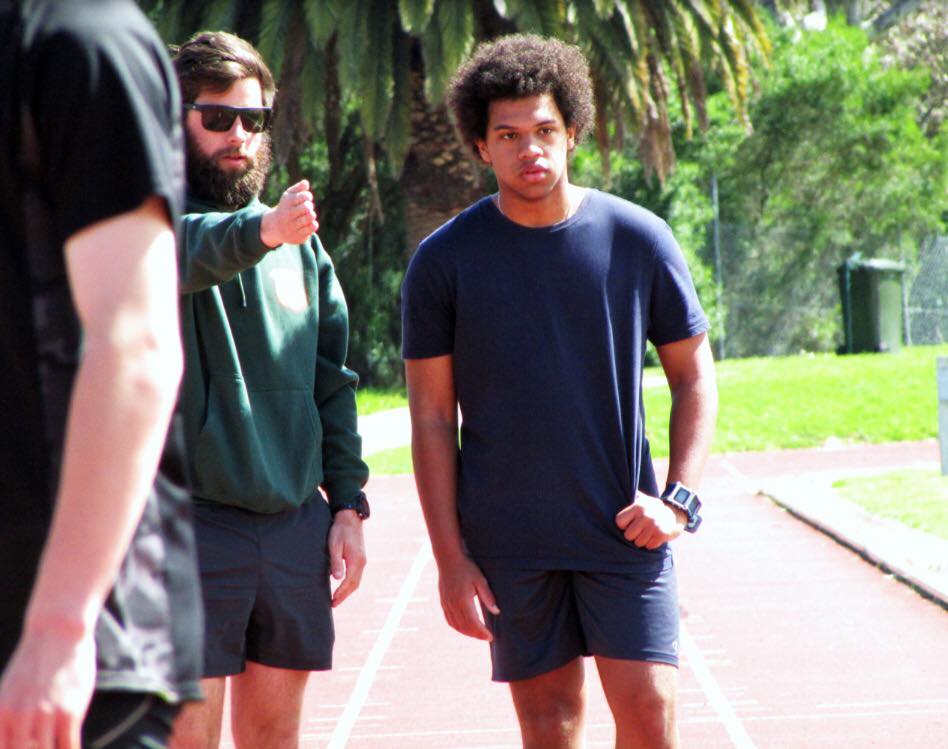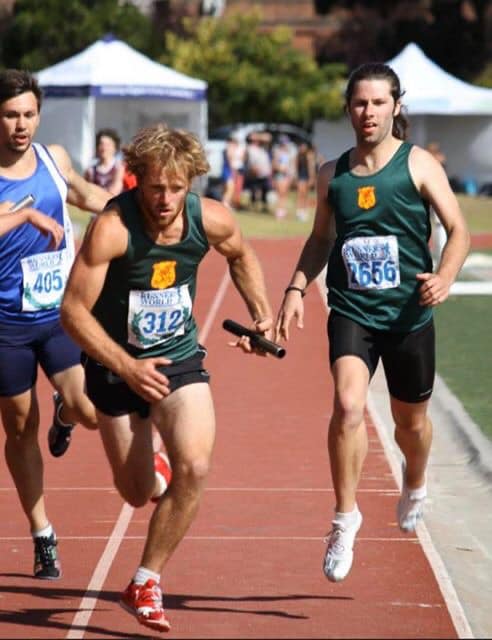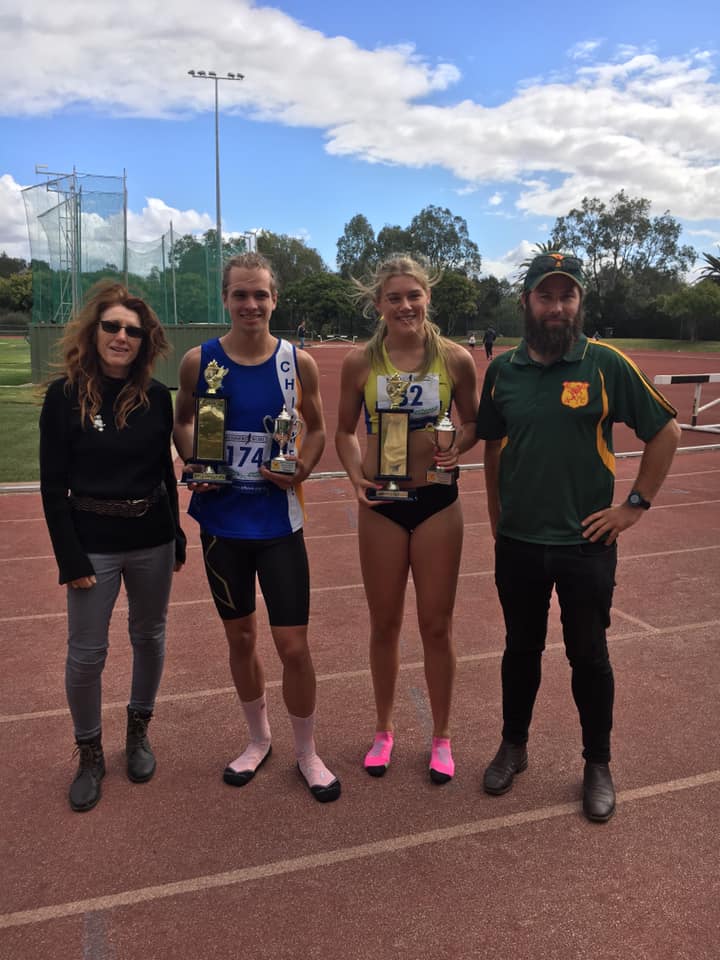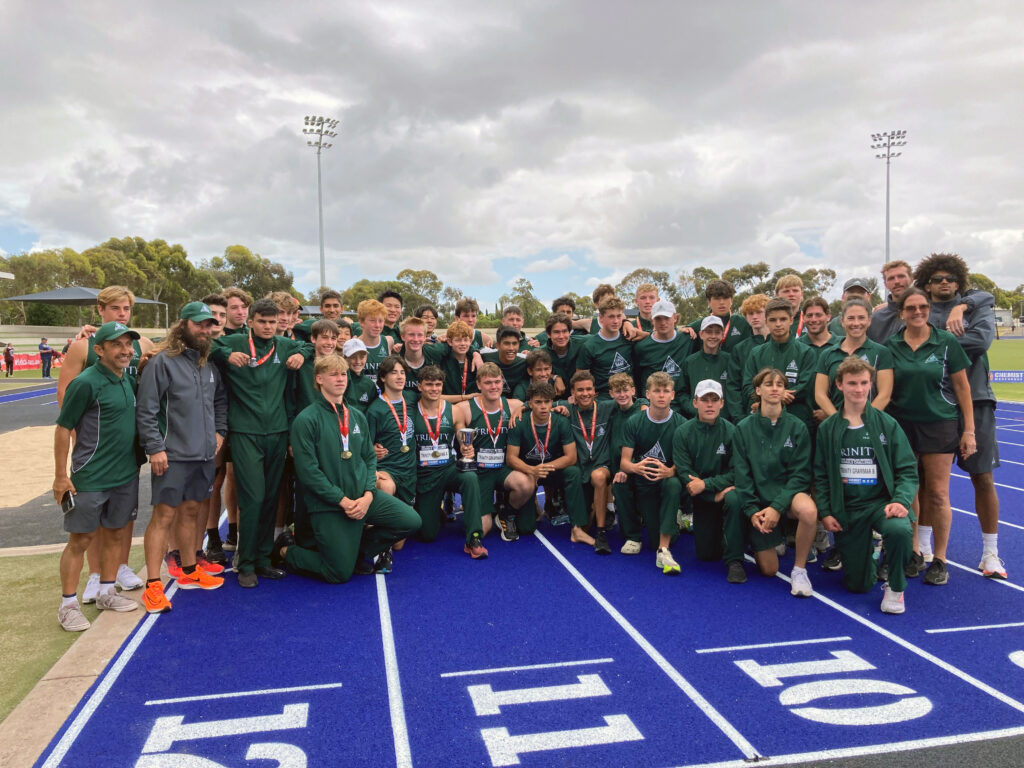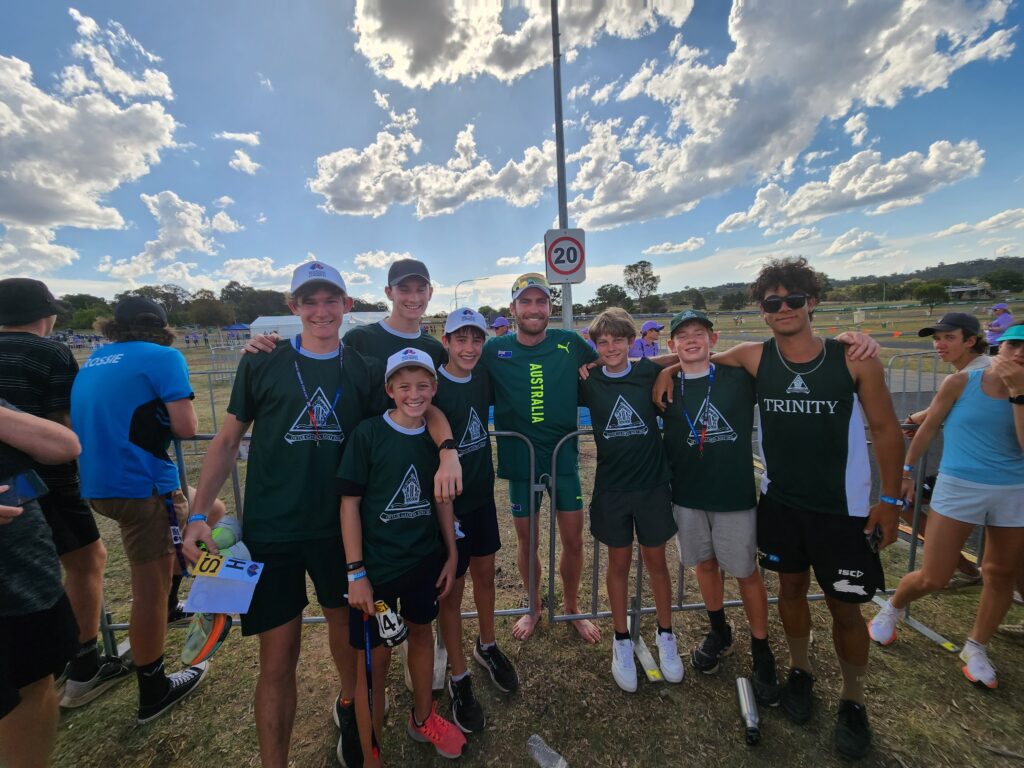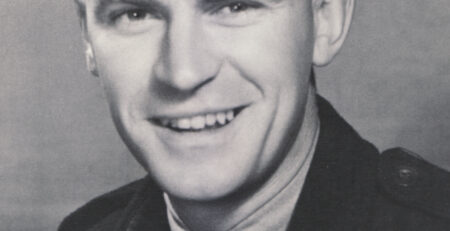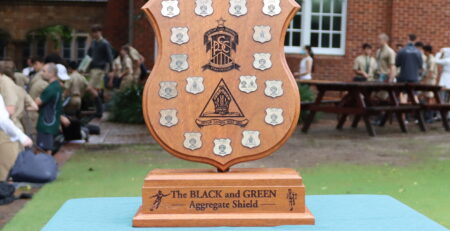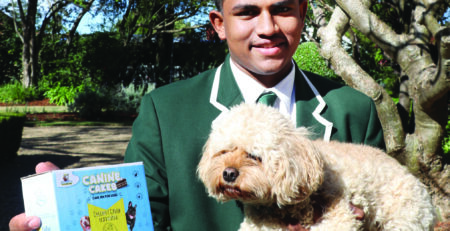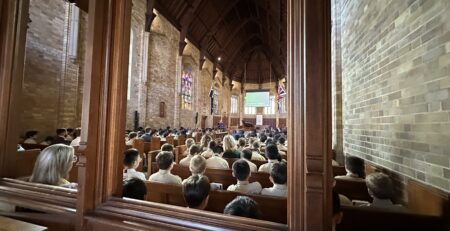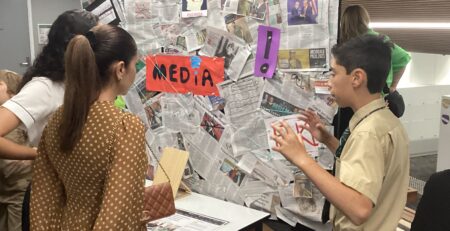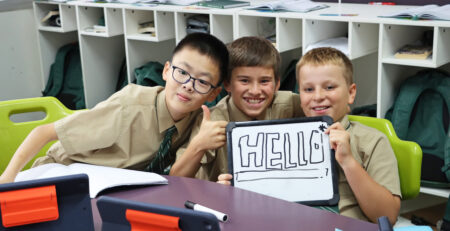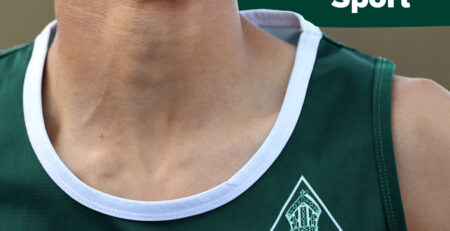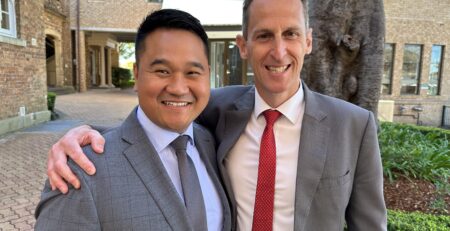Olympians and lifelong exercisers: there’s room for both
When you take over a school athletics programme that is widely acknowledged as one of the best in Australia, what can you do to improve it? Plenty, according to Matthew Wade, successor to Andrew Murphy as Trinity’s Director of Track and Field.
“COVID-19 caused performance levels to drop across the country. As a result, if our current team was to enter the CAS titles of three years ago, there’s a good chance we wouldn’t finish in the top two. But we are still number one in the CAS because our strong programme and culture means we have dropped off less than other schools.
“It presents a nice opportunity to get the levels back to, and ultimately above, where they were before COVID, and that’s my aim.”
Mr Wade said it was important for the School to continue producing elite athletes, such as Tokyo Olympians and Birmingham Commonwealth Games stars Ollie Hoare and Rohan Browning, because they provided everyone around them with a tangible example of what they could aspire to.
“If not for the elite athletes like Rohan and Ollie, our current students would be looking for heroes outside the School. We’re fortunate they can do that right here. That gives them a clear and visible pathway.”
But the Trinity programme is about much more than Olympic selections and top-level gold medals; it’s about promoting a healthy lifestyle for scores of boys that lasts far beyond the School gates.
“It’s about participation as well as performance. The whole idea is to get as many kids as possible involved, give them a fun experience, and help them to be active for life.
“Any PB (personal best) is something that should be celebrated, no matter what the level.”
Mr Wade said his greatest enjoyment from coaching came when an athlete “achieves something they have been working towards for a long time or achieves something they didn’t expect.”
In his own school days at The Geelong College he played Aussie Rules and cricket. He also ran, describing himself as a “pretend sprinter” who was more suited to 400m.
But injuries – two broken collar bones playing footy and a foot stress fracture – held him back, so he started his coaching career in Year 10, looking after the Year 7 and 8 sprinters.
“I don’t think I ever fulfilled my potential as a sprinter, but those setbacks probably did lead me on the path I have taken. Otherwise, I may never have gone down the coaching path.”
His tertiary studies gained him a Bachelor of Exercise Science and Human Movement from Victoria University, a Masters in Clinical Exercise Physiology from Charles Sturt University, a Graduate Diploma in High Performance Sport from the Australian Catholic University, and a Graduate Diploma in Creative Writing from Deakin University.
He started his own Exercise Physiology business, spending six years working with Geelong Medical Health Group and Kardinia Osteopathy.
At the same time, for the best part of a decade, he coached his group of sprinters at the Geelong Guild Athletic Club, becoming team manager and president. He was made the youngest life member of the club that was started in 1906 and regards John Landy as its most famous past member.
He then headed to Canberra to work for Athletics in the ACT, a role that culminated in being CEO of Little Athletics ACT.
Coaching always seemed to come easily to him, perhaps because he had observed and assimilated so much from his father, Doug Wade (not the famous Geelong footballer), who was a teacher and athletics coach at The Geelong College.
He believes success is based on building trust, both with individual athletes and the squad as a whole.
“It’s about the relationship with the collective, but also the relationship with individuals in the group.
“To get the best out of them you’ve got to know how to speak to all athletes and know the right time to pull the levers. That’s more important than your programme or your technical knowledge, even though they underpin everything you are doing. If they don’t trust you, you are wasting everyone’s time.
“So many times, I’ve seen promising athletes ditch their childhood coach looking for a quick fix; but they never end up going any faster. I’ve seen it happen year in and year out. A coach that understands them and cares about them as a person will always be the one that gets the most out of any athlete.”
Trinity is the first time he has started from scratch, being dropped straight into a squad of 150 athletes rather than building up his own personal squad, which is what he did in both Victoria and the ACT.
The big appeal of joining Trinity was the chance to get back to his roots as a coach, leaning fulltime into his passion of coaching and combining both his coaching and administrative experience. “There aren’t many jobs in the country like this.”
Stepping into the Director of Track and Field role doesn’t daunt him. Mr Wade, who knew his predecessor before joining Trinity, and still catches up with him for a coffee at various athletic events, says: “Murph is a great coach, but I’m confident in what I’m doing. I’ve had success with athletes in various event groups, across multiple states. I’ve got a strong administrative background and I have a vision of how this programme can build from the 15 years of Murph and continue to develop for the next 15 years and beyond.”
Asked which of two goals he might choose at Trinity – producing two more Olympians or 1,000 boys who embrace fitness as a lifetime lifestyle choice – he replied: “Why can’t we do both?”
This article originally appeared in our July Edition of Trinity News.
Request a physical copy of Trinity News or view our online digital bookshelf.

